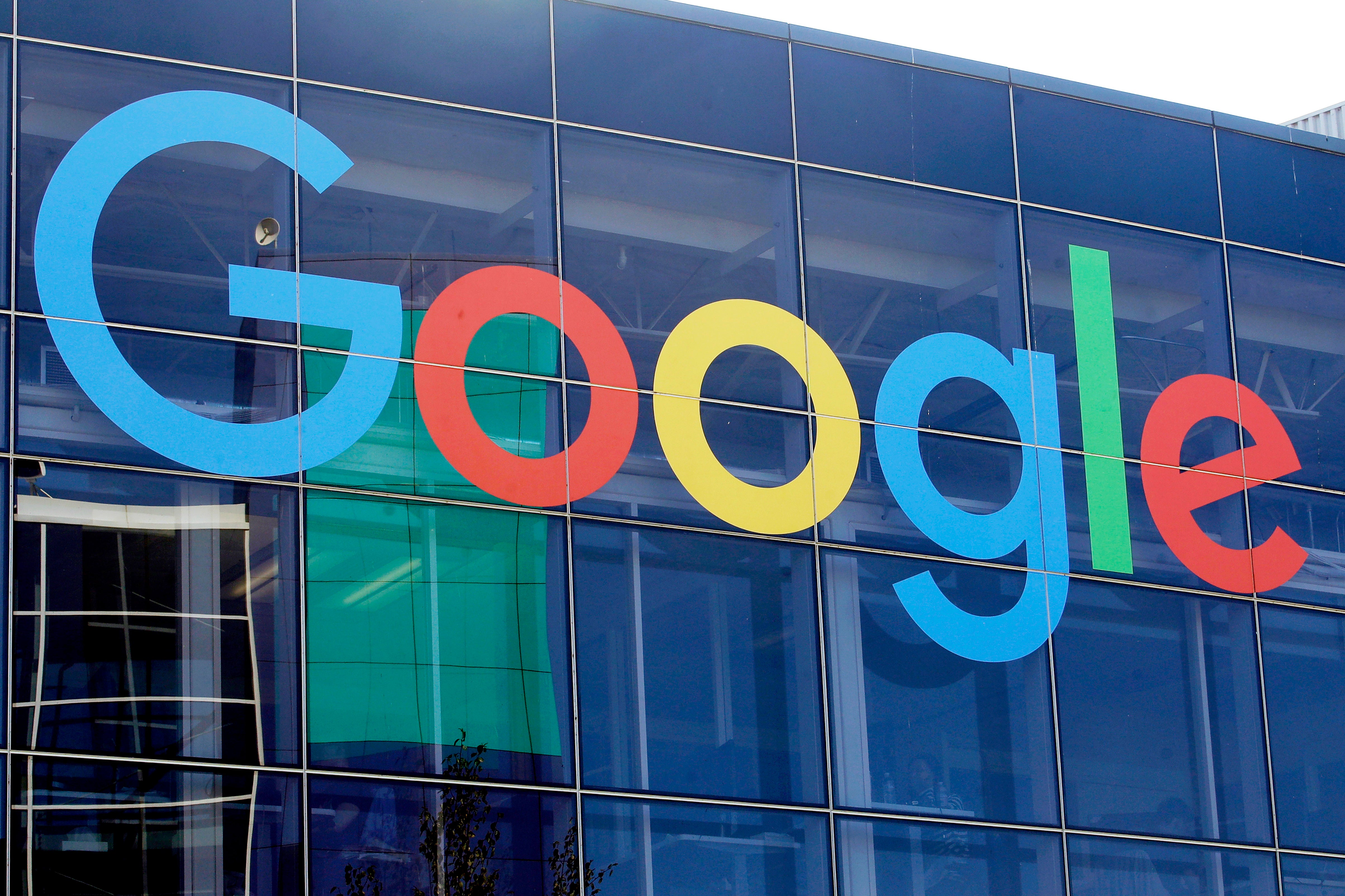DC, 3 states sue Google saying it invades users' privacy
The District of Columbia and three states are suing Google

Your support helps us to tell the story
From reproductive rights to climate change to Big Tech, The Independent is on the ground when the story is developing. Whether it's investigating the financials of Elon Musk's pro-Trump PAC or producing our latest documentary, 'The A Word', which shines a light on the American women fighting for reproductive rights, we know how important it is to parse out the facts from the messaging.
At such a critical moment in US history, we need reporters on the ground. Your donation allows us to keep sending journalists to speak to both sides of the story.
The Independent is trusted by Americans across the entire political spectrum. And unlike many other quality news outlets, we choose not to lock Americans out of our reporting and analysis with paywalls. We believe quality journalism should be available to everyone, paid for by those who can afford it.
Your support makes all the difference.The District of Columbia and three states are suing Google for allegedly deceiving consumers and invading their privacy by making it nearly impossible for them to stop their location from being tracked.
In the lawsuit filed Monday in a Washington court, D.C. Attorney General Karl Racine alleges Google has “systematically” deceived consumers about how their locations are tracked and used. He also says the internet search giant has misled users into believing they can control the information the company collects about them.
“In reality, consumers who use Google products cannot prevent Google from collecting, storing and profiting from their location,” the lawsuit says. Google has "an unprecedented ability to monitor consumers’ daily lives.”
Google makes it impossible for users to opt out of having their sensitive and valuable location data tracked, the suit alleges.
The attorneys general of Texas Indiana and Washington state are filing similar lawsuits in their state courts, according to Racine’s office.
“Google’s business model relies on constant surveillance of its users,” his office said in a news release. The suit asserts that Google has “a powerful financial incentive to obscure the details” of its location-data collection and to make it difficult for consumers to opt out. It says location data is a key part of its digital advertising business that generated $150 billion in revenue for Google's parent company, Alphabet Inc. in 2020.
The company, based in Mountain View, California, is disputing the claims.
“The attorneys general are bringing a case based on inaccurate claims and outdated assertions about our settings," Google spokesperson Jose Castaneda said in a statement. "We have always built privacy features into our products and provided robust controls for location data.”
The company will defend itself and "set the record straight,” Castaneda said.
The lawsuit is the latest in a raft of legal salvos against the tech giant, whose search engine accounts for an estimated 90% of web searches worldwide.
In December 2020, 10 states led by Texas filed a federal suit against Google accusing it of “anticompetitive conduct” in the online advertising industry, including a deal to manipulate sales with rival Facebook.
In October 2020, the U.S. Justice Department joined by 11 states filed a landmark antitrust suit against Google for allegedly abusing its dominance in online search and advertising.